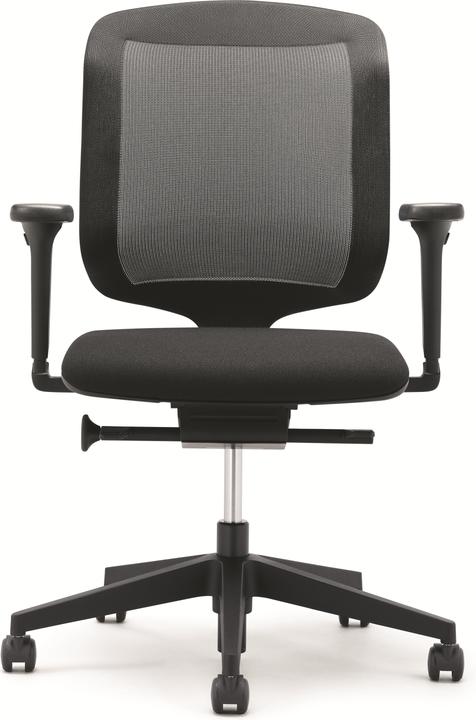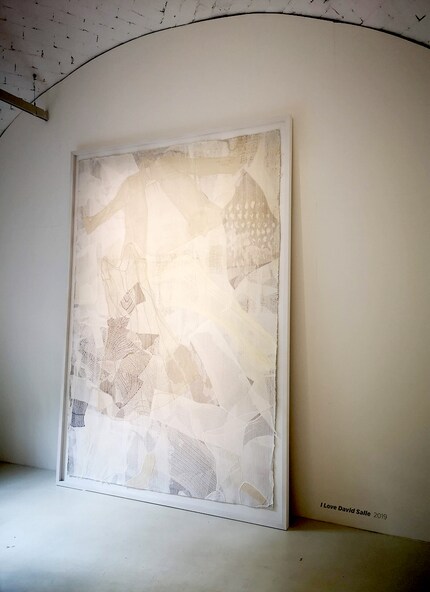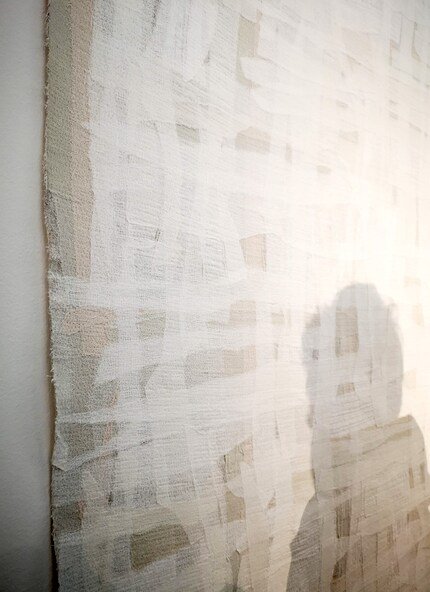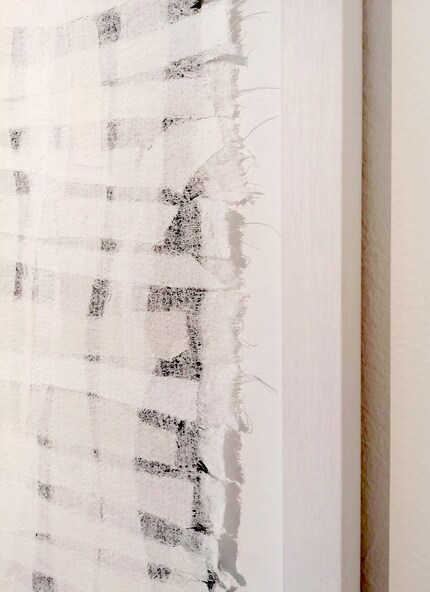

The latest fashion trend has nothing to do with looks
"Inditex", one of the world's largest textile companies, wants to turn the conventional consumer cycle on its head in favour of a zero-waste future and follow the sustainability trend.
Inditex is going greener: no waste by 2025
The avant-garde in zero waste
The American textile company Eileen Fischer is considered a pioneer in environmentally conscious endeavours and a "buy-back" system. Over the last decade, it has extended the life of over 1 million items of clothing by taking back or donating them through its "Waste No More" programme. It also regularly organises exhibitions to draw people's attention to the disproportionate consumption of clothing.
The last one was also called "Waste No More" and took place during this year's Salone del Mobile. It was curated by Lidewij Edelkoort, one of the most important trend researchers, who has been expressing her dismay at the rapid consumption and disposal of clothing for years.
Less is more
Stay up to date on "Slow Design" and follow my author profile for upcoming News & Trends articles.
Like a cheerleader, I love celebrating good design and bringing you closer to everything furniture- and interior design- related. I regularly curate simple yet sophisticated interior ideas, report on trends and interview creative minds about their work.
From the latest iPhone to the return of 80s fashion. The editorial team will help you make sense of it all.
Show all


